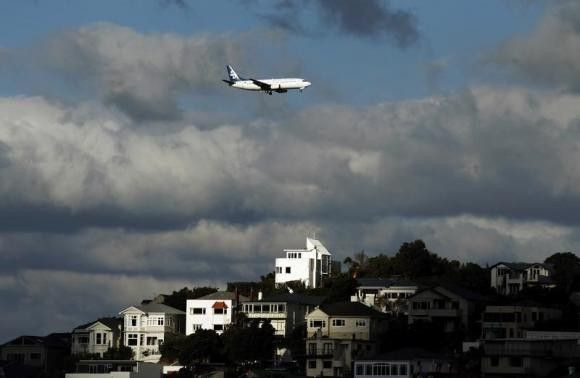New Zealand Budget 2015 Raises Benefits In 40 Years

New Zealand Prime Minister John Key declared that about 500,000 children in the country would benefit from the budget. He is also proud of the fact that he is able to lead a party to raise benefits in the last 40 years.
Mr Key said it was “compassionate conservatism and I’m proud of it.” He previously told New Zealanders in the election campaign in 2014 that he planned to govern for all the people.
New Zealand’s Budget 2015, which was released late last week, includes an increase of benefits to beneficiary and low-income working families. They will receive up to NZ$25 (AU$23) a week as part of the government’s child hardship package.
The new budget has the first increase in core benefits excluding inflation adjustments since 1972. Childcare subsidies for families with low income will also be raised from $4 to $5 an hour for pre-school or after-school care for up to 50 hours a week, reports New Zealand Herald.
However, solo parents will have to be ready for work when their youngest child reaches the age of 3 instead of the current 5. Finance Minister Bill English said the child hardship package will cost the government $240 million a year and up to $790 million in the next four years.
English revealed the New Zealand government has been watching the gap between low-income households and benefit rates grow over the years. He said the gap has “grown enough” and the government wants to close the gap without affecting the incentive to work.
Mr Key spoke about the changes to welfare and the increased work obligations on solo parents in the Budget. He also remarked about how he was raised by his mum as a single parent. “I know my history. I know the struggle my mother had. Today is the day we’ve been able to stand up and just give them a little bit more,” said Mr Key.
The prime minister believes that a decent society should be able to look after those in need but he insisted on mutual obligation. He said if a person can work, then he should work.
Meanwhile, the Budget is forecasting a $674 million deficit for 2014-2015 and move to a surplus of $176 million in 2015-2016, reports Radio NZ. The New Zealand government predicted economic growth to reach 2.8 percent in the next four years and unemployment to fall below five percent in 2016.
(To report problems or leave feedback on this article, contact: r.su@ibtimes.com.au)





















